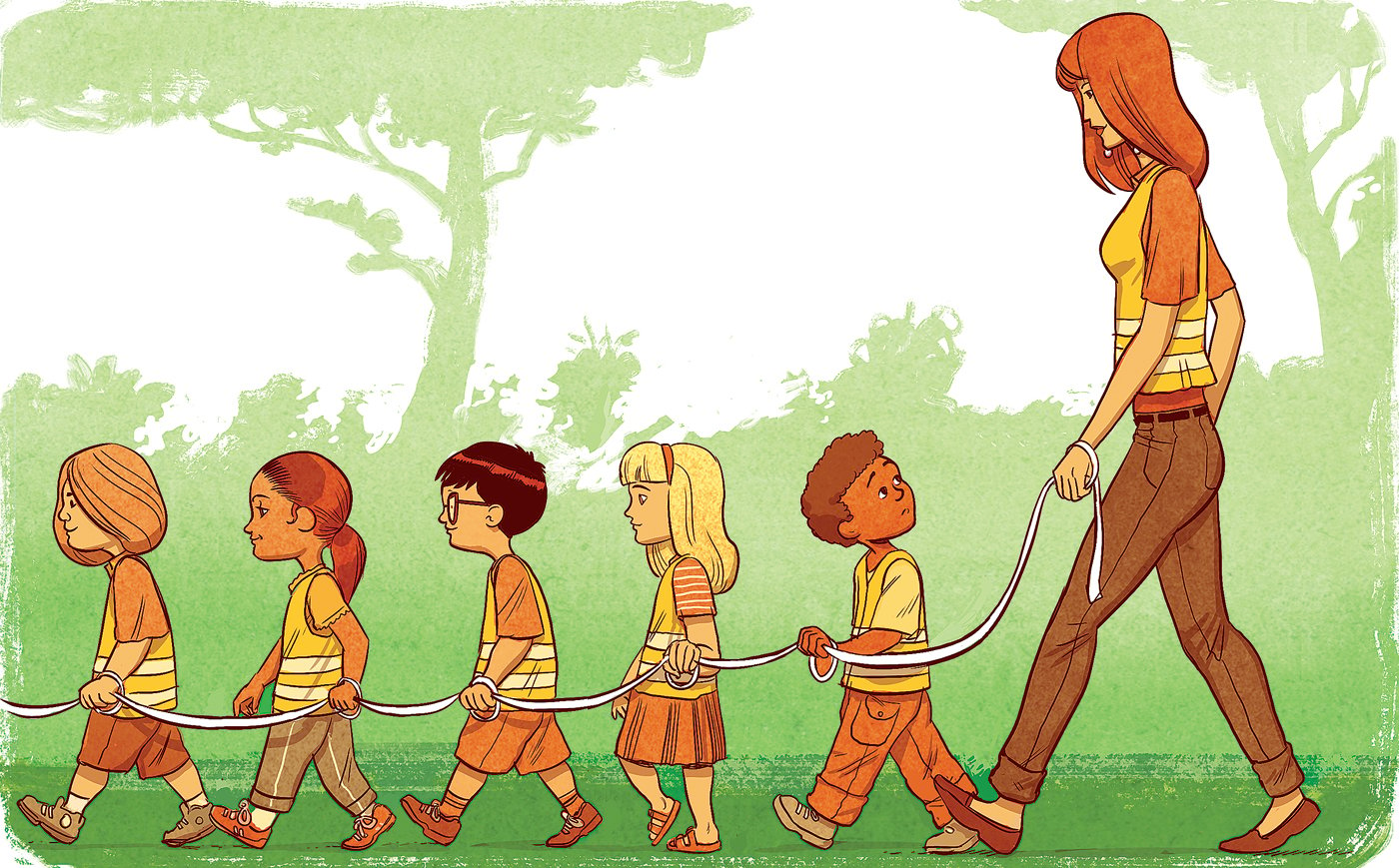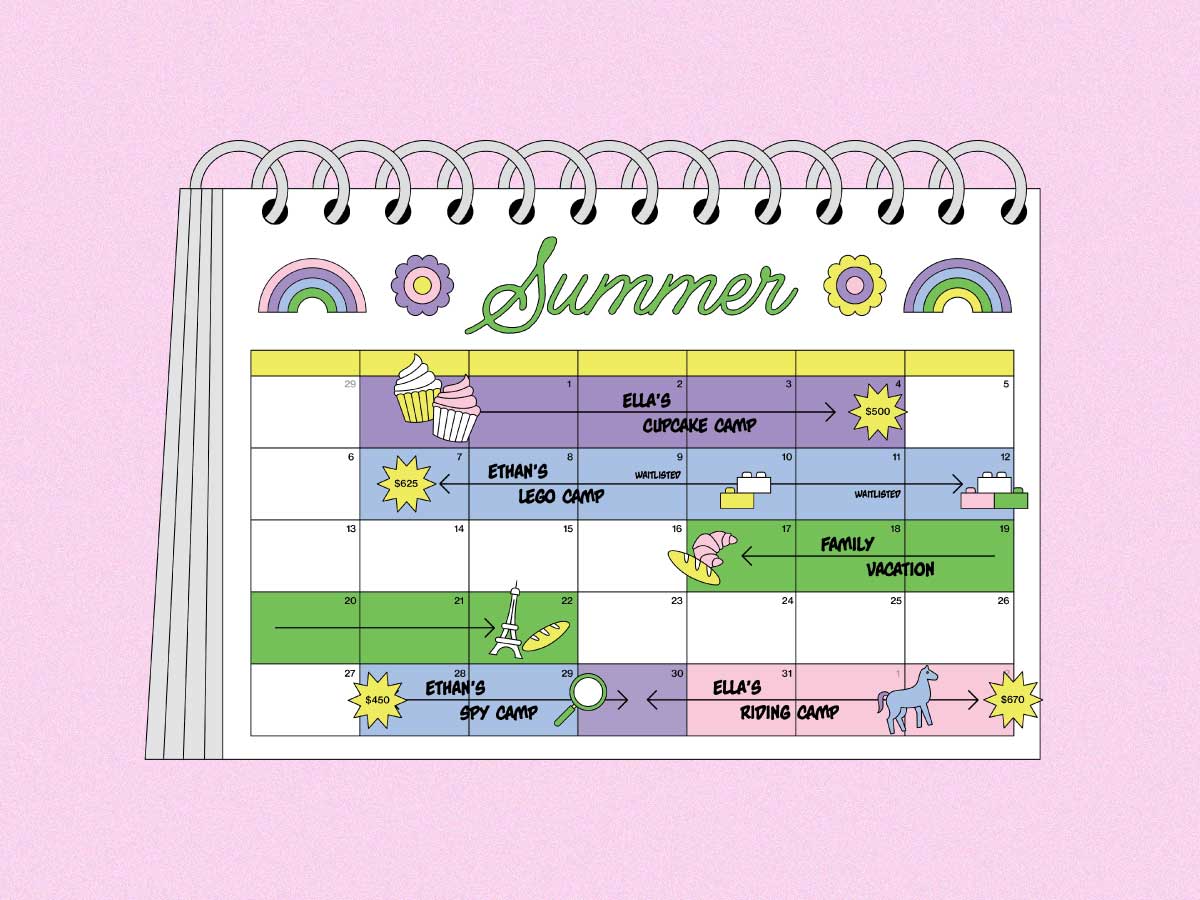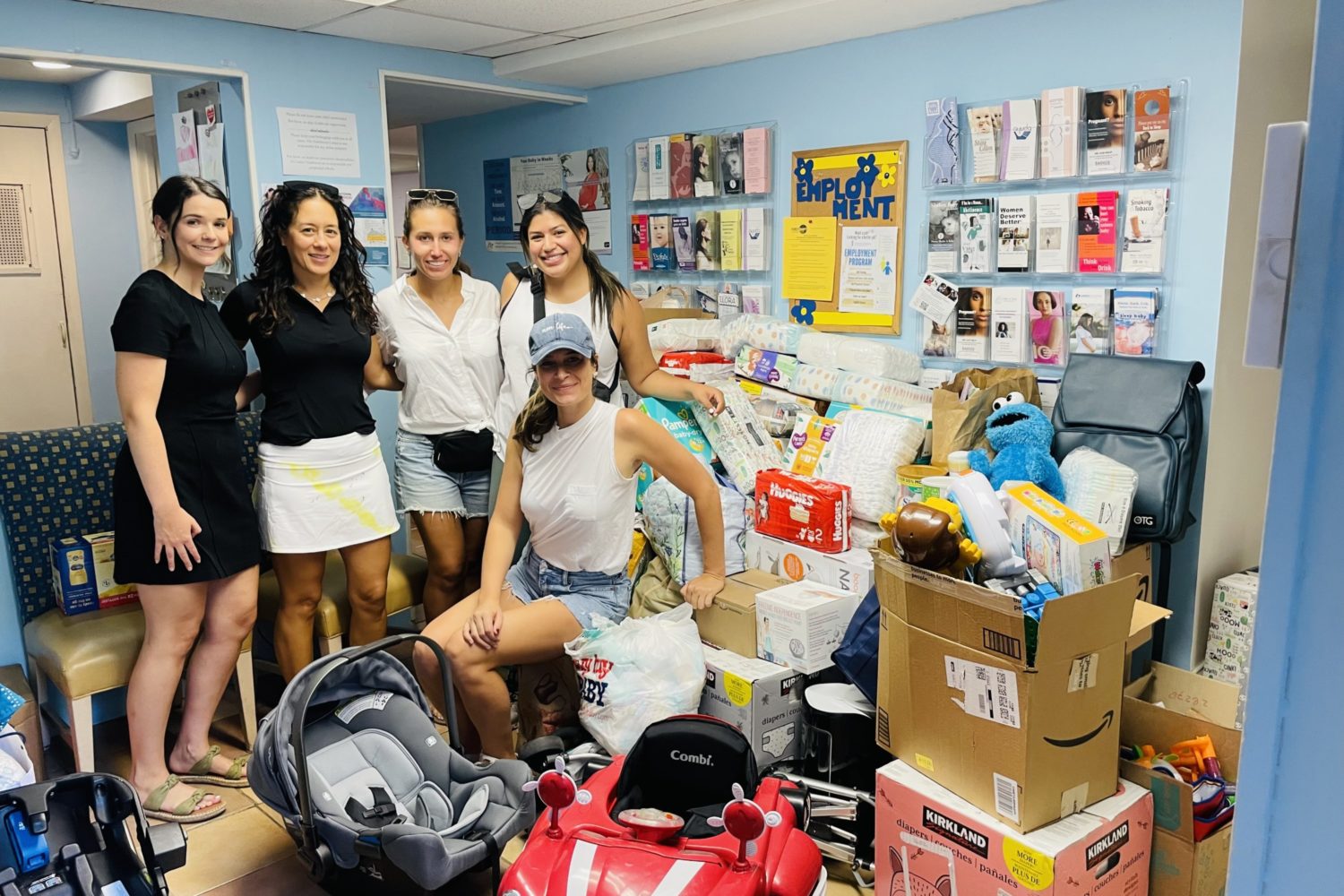Last spring, before her son Sam entered ninth grade at Gonzaga College High School, Darla Gonson hired a tutor to prepare him for the transition to high school.
“We wanted someone to help him get organized and show him how to study, how to stay on top of things,” says Gonson. Sam had always gotten good grades but had difficulty focusing in class and remembering to turn in his homework.
Testing showed that Sam was wrestling with a delay in executive function, which describes how the brain’s delicately developing frontal lobe manages things like organization, switching focus, and planning ahead. “He’d be taking a math test and working on the fourth problem, but then he’d go back and work on the first problem again,” says Gonson, describing one of the clues that made her think Sam could use some extra help.
It’s a familiar scenario to executive function coach Kathy Essig, who works both as an independent consultant and within local private schools such as Maret and Landon.
“Neuroscience has taught us that frontal-lobe development can be out of sync with the rigor of the school system. Many children will be fine in their subjects if they can just figure out the organization, time management, and study strategies,” Essig says, noting that this often is an issue right around the time students enter middle or high school, when balancing assignments and developing good study habits becomes more challenging and more crucial.
As for Sam, “I didn’t want him to be overwhelmed by the intensity of the new school,” Gonson says of her reasons for hiring a tutor. “I could have helped him myself, but having someone independent of our family who could communicate the tricks and tools [of studying] better than I could took the stress off us both.”
Could hiring a tutor put more pressure on your child?
Ann Dolin, founder of Educational Connections, an educational coaching firm based in Fairfax, cautions that foisting a tutor on an unwilling student won’t do anyone any good. But for students who are clearly struggling or asking for assistance, a tutor can help connect the dots and preserve family harmony.
“Tutors can alleviate the stress of feeling disorganized and overwhelmed, help archive and purge papers, and break down long-term assignments,” says Dolin, who hired a tutor for her son, who is going into the seventh grade.
She notes that schools don’t often have the capacity to teach “soft skills”—organization, long-term planning, and effective study habits. “Plus, if a student doesn’t understand the way the teacher is teaching to begin with, more help from that same teacher doesn’t really help. But hearing the information from someone who can explain it in a totally different way,” she says, “a light bulb can go off.”
Even school administrators recognize the value in hiring a tutor: Frances Landau, a 23-year resource counselor at Walt Whitman High School in Bethesda, says that tutors can be the buffer that keeps families sane: “[Tutors] can help the parent step away from the process” and remove a layer of conflict. She notes that they can be particularly helpful for ninth graders, who tend to be less mature and may not have the organizational skills that high school requires.
Phil Pine, co-founder of DC-based Capital Educators, says that while the company’s primary goal is to raise standardized-test scores to improve college prospects, they’re looking to help students do more than pick up points. “We want them to gain the skills and confidence that will help them approach their college studies with greater independence, self-assurance, and success,” he says. Pine points out that once students conquer a test as intimidating and important as the SAT, they’re going to feel much more confident when taking on other academic challenges.
“You want someone who’s a mentor,” says Matt Dershewitz, an independent tutor who also runs a free tutoring program for hospital-bound kids at Georgetown University Hospital. “Sometimes parents think their kids need tutoring, but much of the time they just need some guidance to set up a structure and add accountability.” Dershewitz often calls his charges between sessions just to check in with them: “I have one kid whom I call every day and ask, What’s your homework? Are you ready for the test?”
With tenth grade on the horizon, Darla Gonson reflects on the decision to hire a tutor for her son as a hugely positive experience. “Sometimes Sam comes to me and says, ‘Mom, you were right,’” Gonson says. “It’s a lot of money to have someone come tell your kid that he needs to hand in his homework, but it was worth it to set him up for success in high school and college—and beyond.”
Need help finding a tutor? We’ve created a list of recommended tutors in DC, Maryland and Virginia.














